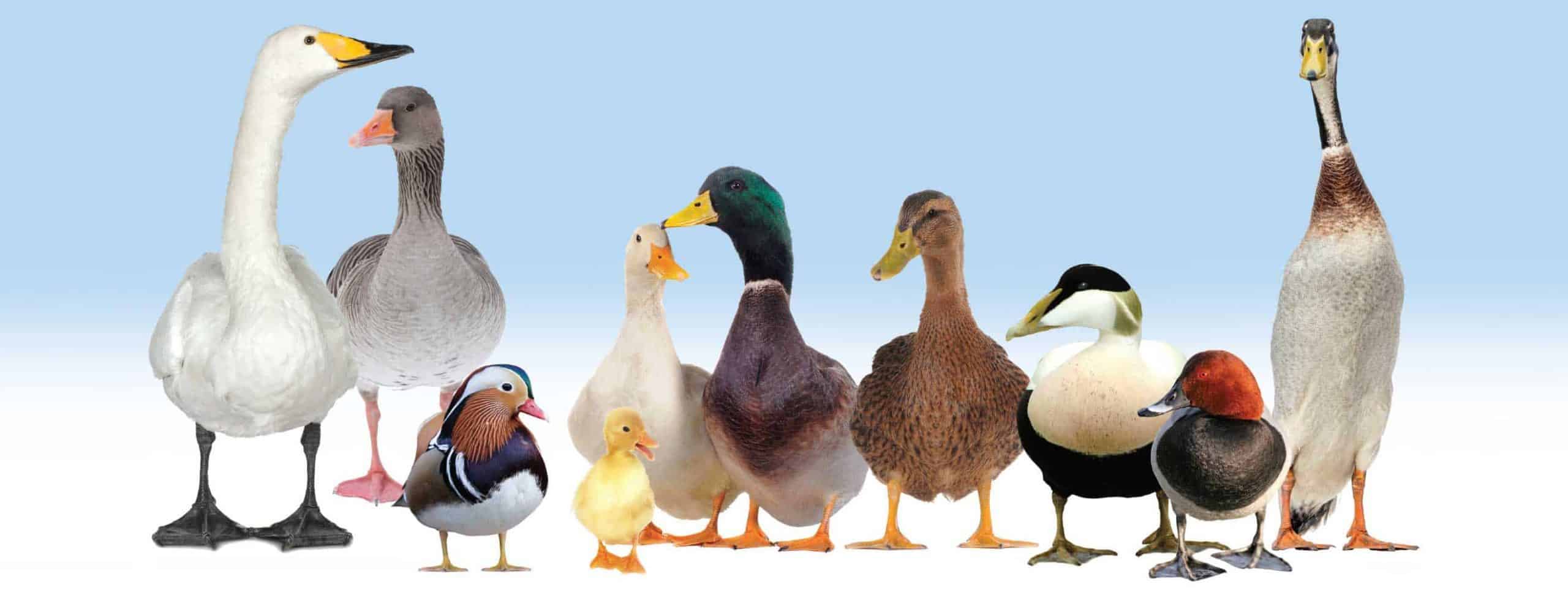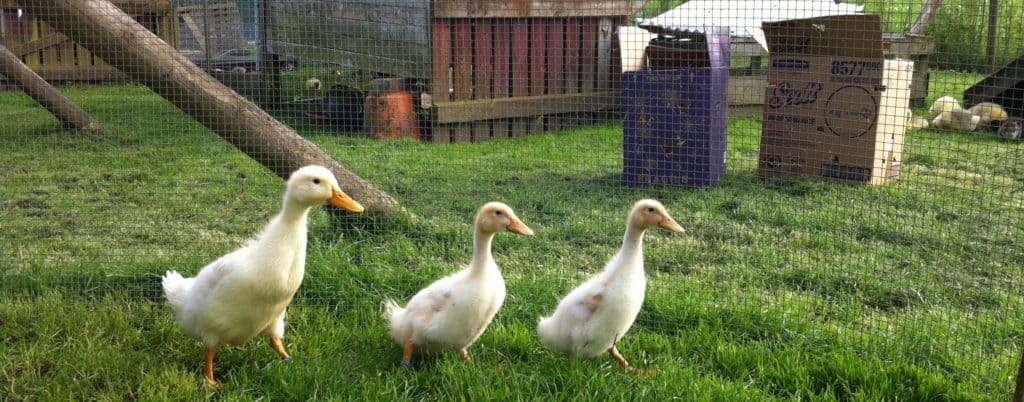
Getting your first birds is exciting but we do need to put their needs first. Time spent on research is never wasted, so make sure you choose the right breed or species and have everything in place for their arrival.
Pens and predator protection
Waterfowl are inquisitive and will wander a considerable distance from water, especially when they are first introduced. A bird which has travelled some distance in a box will naturally want to get as far away from you as possible. If your aviary is large, consider making a small temporary enclosure near a feed station so new arrivals can get their bearings and settle down safely.
Water
Waterfowl need to be able to immerse their heads fully to keep eyes and nostrils clean. After transport, they welcome the opportunity to bathe. Keeping the feathers in good condition is instinctive as it is their key to survival.
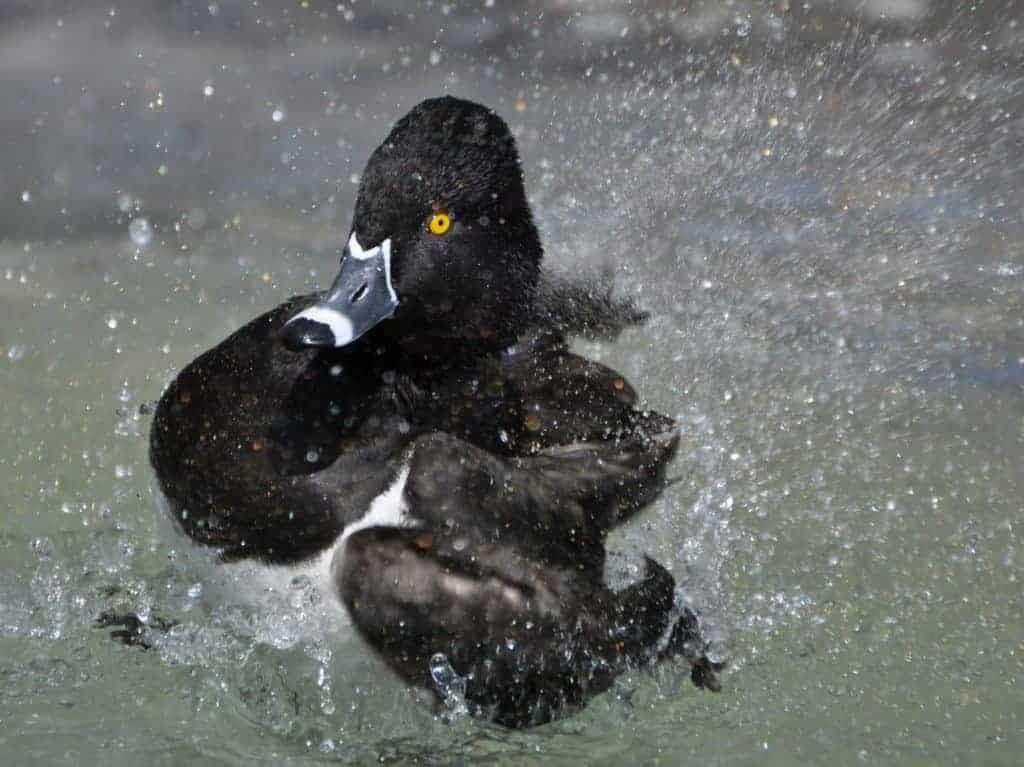
Shelter
After the trauma of a journey, birds may try to hide for a while whilst they get their bearings. Waterfowl generally have more difficulty keeping cool than warm, so make sure they can get out of direct sun. In winter it may be necessary to provide frost-free ground and shelter from persistent rain for some. There should always be open water available for them.
Who goes with who?
All domestic ducks except the Muscovy Cairina moschata are descended from the Mallard Anas platyrhynchos, so can all interbreed given the opportunity. Geese too have common ancestors, mainly the Greylag Goose Anser anser and the Swan Goose, Anser cygnoides. If you keep several breeds you will need to have separate pens for each one or you will end up with mongrels. Many wildfowl can interbreed, even though they are distinct species. Some wild species have an instinctive dislike of others, it is worth doing some research if you wish to keep some of the less common species.
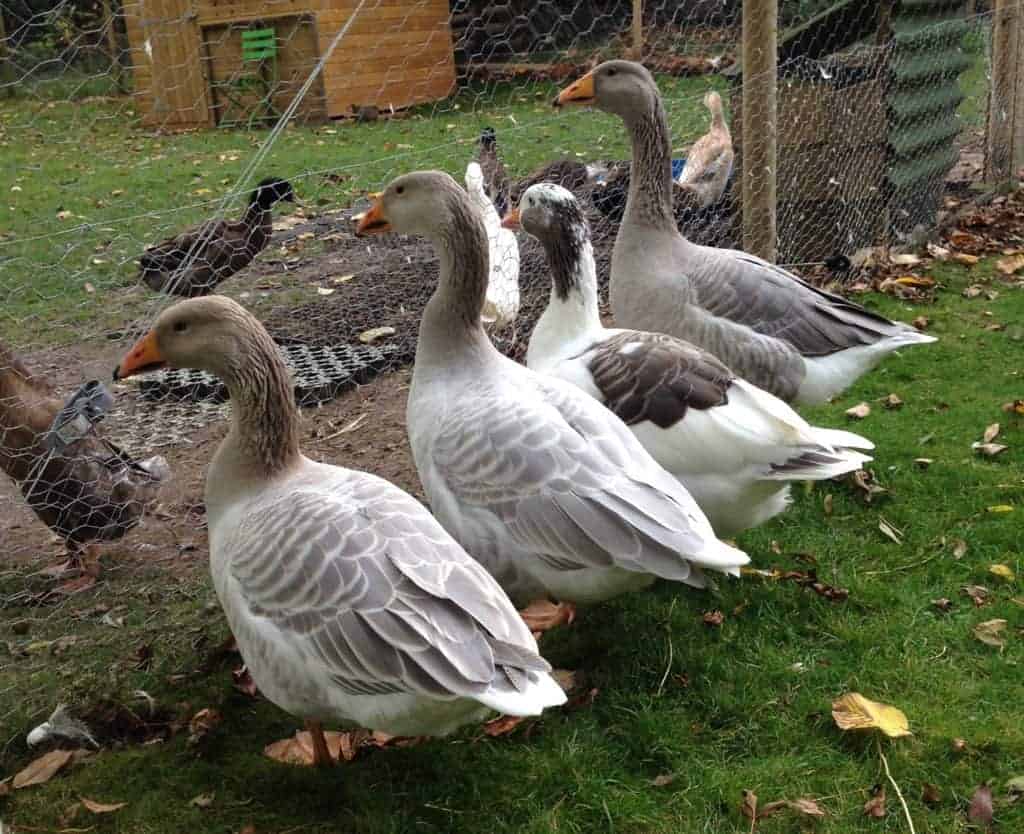
Feeding
The basic duck and goose maintenance ration is a good starting point. At different times of the year you may need to change to breeder rations, young stock will need crumbs then grower pellets. Some people use feed formulated for chickens. Though generally cheaper, it is not perfect. If you do, the feed must not be medicated with a coccidiostat, which could be toxic to waterfowl. Medication is usually listed in the ingredients. Treats like wholewheat bread, millet or wheat are fine, but not as the only diet.
Make a plan
Despite the best planning for your facilities, there may be times when things go wrong. For instance, what will you do if
- you have travelling problems whilst collecting birds
- a bird gets sick
- you are taken ill and cannot get out to feed
- you have an accident whilst tending the birds
- your family insist you take a holiday or you have to look after a relative unexpectedly
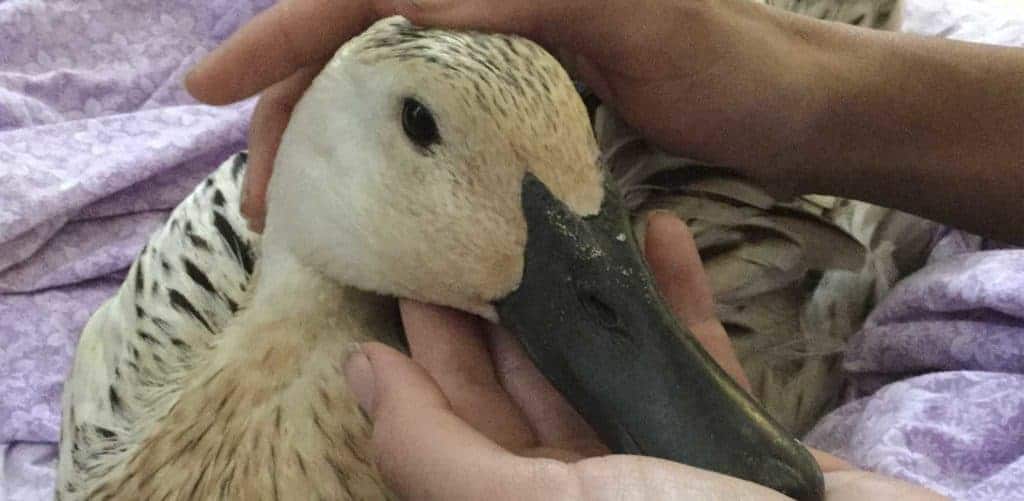
Part of your management plan should include registering with a vet, preferrably a practice that has a partner experienced with birds.
The BWA has a network of local and regional contacts, we hope you will join us and benefit from all we have to offer.
More information on waterfowl husbandry can be found here.


